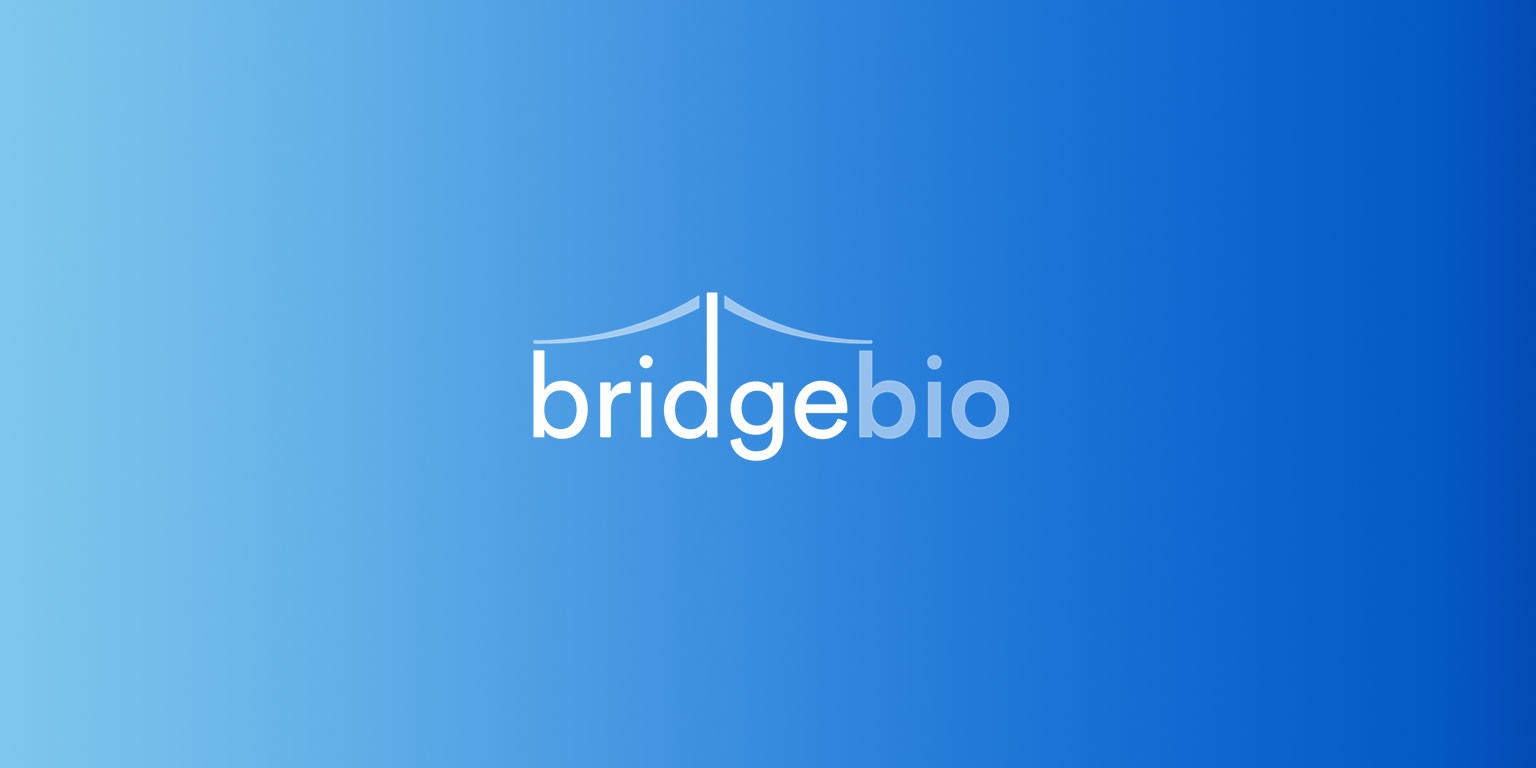The Importance of Good Data for Decision-making in Pharmaceutical Research and Development (R&D)
Decision-making in pharmaceutical R&D is integral to the success of the industry. It impacts everything from resource utilization and risk management to innovation, regulatory compliance, and patient outcomes. Efficient decision-making processes accelerate timelines by prioritizing projects, streamlining research activities, and making timely go/no-go decisions, which is crucial for bringing new therapies to market faster. Making informed decisions based on scientific, clinical, and market data fosters innovation. It ensures that the R&D pipeline is aligned with current scientific advancements and market needs.
Good, i.e. robust and reliable data is crucial for decision-making. It ensures that decisions are based on factual, reliable information. Inaccurate or incomplete data can lead to poor decisions that might have adverse effects on an organization or project. Analyzing good data allows for the identification of patterns, trends, and insights that might not be apparent otherwise. This can inform strategic planning and help predict future outcomes. In particular in the early phase of research and development projects are associated with a high number of uncertainties and unknowns which makes it difficult to predict the outcome of a project. In fact, the failure rate is very high because during the early phase of development only limited data have been generated. This underlines the need for having access to all available data from all sources.
Enabled by an ever-expanding arsenal of model systems, analysis methods, libaries of chemical and biological compounds, the amount of data generated during drug discovery and early development programmes has never been greater and it is therefore imperative that the learnings from these data investments are maximized to enable better predictions thereby increasing the likelyhood of technical success. Such approaches not only rely on data generated specifically within a given project to learn from, they also evaluate all other available data from different data sources and relevance to the question at hand.
In this context, data sources like PharmaPendium are playing a crucial role. The search, analytics, and predictive capabilities in the platform help accelerate drug development approvals, including drug safety tests, clinical trial design, and post-market surveillance. But also in the early phase the information about competitor drugs, about the mode of action, about relevant data sets including activity, efficacy, pharmacokinetics, toxicological liabilities, and last but not least potential regulatory implications will guide researchers when it comes to selecting projects with the highest potential of success which is one of the most important decisions in pharmaceutical companies. #pharma #drugdiscovery #elsevier

Thought Leader Liaison at Alexion
1dInteresting article, thanks for posting Andrea! Happy Holidays!